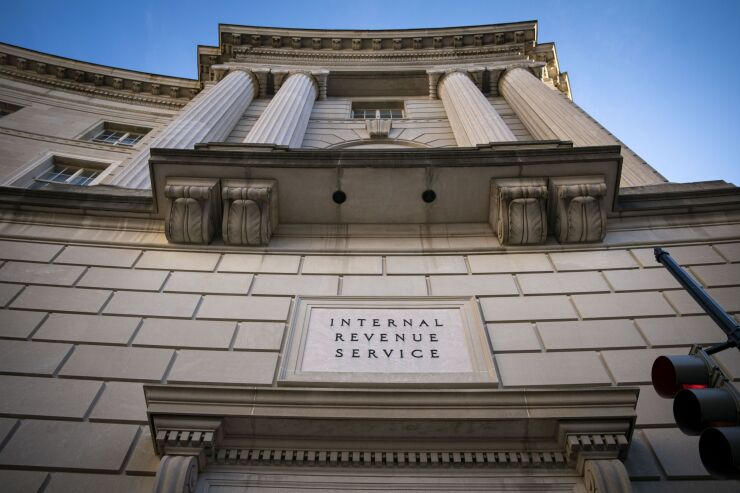The U.S. Court of Appeals for the Fifth Circuit has affirmed a district court’s decision that gave priority to an Internal Revenue Service levy on a decedent’s estate over the decedent’s children’s rights under Louisiana law.
Louisiana Usufruct is a form of ownership unique to Louisiana designed to make assets available to another while preserving the rights of the “naked” owners.
Henry Goodrich Sr. and his wife Tonia owned community property during their marriage, which included shares of stock and stock options in the Goodrich Petroleum Corporation. Tonia died in 2006, leaving her interest in some of the community property, including the Goodrich securities, to the couple’s three children, subject to a usufruct in favor of Henry Sr. Before his death in 2014 Henry Sr. had sold $857,914 of the Gooddrich securities. One half belonged outright to Henry Sr., while the other half was attributable to the couple’s three children — Walter, Henry Jr., and Laura Goodrich Watts (the Goodriches) — subject to a usufruct in favor of Henry Sr. At issue was the Goodriches’ claim to their share of these proceeds.
At his death, Henry Sr. owed the IRS more than $560,000 for 2012, 2013 and 2014. The IRS placed a levy on a bank account for the estate to collect the unpaid taxes. In May 2017, the bank remitted all of the remaining funds in the account — $239,927 — to the IRS. The IRS applied that amount to Henry Sr.’s tax liability for 2012, leaving a balance of $471,818 for 2013 and 2014.

The Goodriches filed suit, claiming the IRS had wrongfully levied the funds since they were the owners of nearly $500,000 worth of liquidated Goodrich securities, representing Henry Sr.’s half of the community property he shared with Tonia, subject to the children’s usufruct.
The Fifth Circuit agreed with the district court that the Goodriches had a claim against Henry Sr.’s estate in connection with the Goodrich securities, but they did not immediately become owners of the disputed funds at the time of his death. Instead, they became unsecured creditors of the succession with respect to their claim. Consequently, the IRS did not seize funds or property that the Goodriches legally owned at the time, so the levy was not wrongful. And since they are considered creditors rather than owners of the disputed funds, the IRS levy prevailed because it has priority over other creditors under Code Section 6323, which provides that the IRS can establish the priority of its lien over third parties by filing a notice of a federal tax lien.





